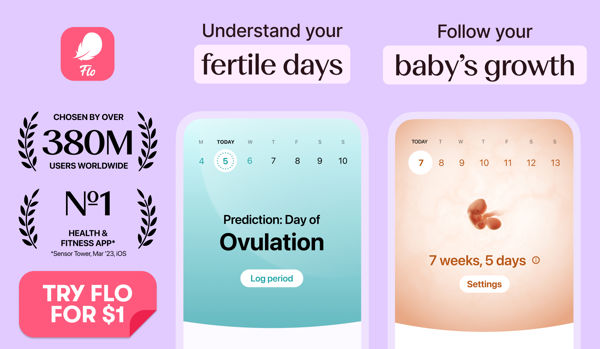Throughout pregnancy, the majority of what is discussed and planned for is the birth, baby, and nursery. What is least talked about and prepared for is postpartum recovery. After hours and hours of hard work to get your baby out, you have left the responsibility to feed and care for them despite any exhaustion you might be experiencing. Like anything with childbirth and parenting, different individuals experience postpartum recovery uniquely. Many factors can impact how long healing takes, how exhausted one might feel, and how well recovery goes.
Factors That Impact Postpartum Recovery
Some of the things that can make a difference in regards to postpartum recovery are the amount of blood loss experienced postpartum, if a baby needs NICU time, how well the initial latch for nursing goes, one's mental health status and history, the amount of support surrounding a postpartum parent, if someone experienced a surgical birth, if the delivery was traumatic or not, and how much someone prepared for the postpartum period.
Postpartum Bleeding
Although many things can differ from person to person, there are a few things that everyone experiences during postpartum pretty universally. The first thing to expect is bleeding. In the first few days or weeks, a postpartum parent might be bleeding heavier than their heaviest period or about the same as their heaviest period. In the following weeks, it will slowly lessen until it stops altogether sometime around week six. For some folks, bleeding will stop earlier; for others, it will stop later. Many depend on medications you received or did not receive during birth, activity level postpartum, and body-to-body.
Postpartum Soreness
Another somewhat universal experience for vaginal birth is soreness in your entire body, specifically in your bottom area. After all, you just pushed out a baby. The same applies if you had a surgical birth, but you are likely experiencing a higher level of pain where the incision site is. Ice packs and over-the-counter pain medications can help with these discomforts. Rest is another crucial piece to ensuring that healing is occurring and the pain is lessening. Sitz baths are always lovely and aid in recovery, and some people even find topical numbing sprays helpful, especially if stitches are involved.
A universal experience for most parents who have birthed more than one child is afterpains. These pains feel like contractions or lousy period cramps and happen when your body is working to shrink your uterus to its pre-pregnancy size. Usually, these pains only last a few days or a week, but they can be excruciating. Over-the-counter pain medications can help, especially if you take them religiously. Nursing your baby causes the uterus to clamp down; therefore, many individuals feel the most pain from these contractions while nursing their little ones. Making sure to empty your bladder often and lying down and resting most of the first few days postpartum are some of the best ways to help encourage the involution of your uterus and, therefore, encourage the afterpains to subside more rapidly.
Postpartum Exhaustion
Exhaustion is another experience that all postpartum parents will have. Babies often come out on wonky sleep schedules, and you are figuring out how to feed your baby and what way of rocking them makes them happiest. Nights two and three tend to be some of the most difficult, and it can feel like your newborn is ravenously hungry and, therefore, inconsolably crying. Whether it is your first or fifth, your life has been flipped upside down, and you now have to figure out how to manage it with very little sleep. For any person, this period of life would be challenging. If you have a partner, taking turns through the night to get at least one four-hour stretch can make a huge difference. Even though you might feel like when baby naps, you have things to do, telling yourself that rest is best is another excellent way to get the sleep you need and, therefore, better function. However you do it, remember that four hours seems to be a magic number that keeps new parents functioning and capable of doing life.
Takeaway
As magical as a new baby, postpartum can feel equally difficult and draining in even the best-case scenarios. Deep breaths. You are all navigating new waters. It is okay that it is not perfect. Some of the best tips I have after helping many people through postpartum recovery are these: ask for help, be specific about what you need, and do not apologize for needing it. We always say that it takes a village. Call in your village, and utilize them as much as you can. Keep an open line of communication with your partner and support people. Reading minds is not a superpower new parents get; communication is still crucial. Even if all you have a capacity for is ten minutes before bed, take that time to communicate with one another. It makes a big difference. And lastly, nourish yourself. Get the food intake that sustains you, sleep as much as you can, and at the very least, get one four-hour stretch per twenty-four hours. And it is okay if the baby cries while you shower and get yourself ready. Your needs are important, too. Remember that this phase of life feels long, but it is temporary and gets easier daily.







